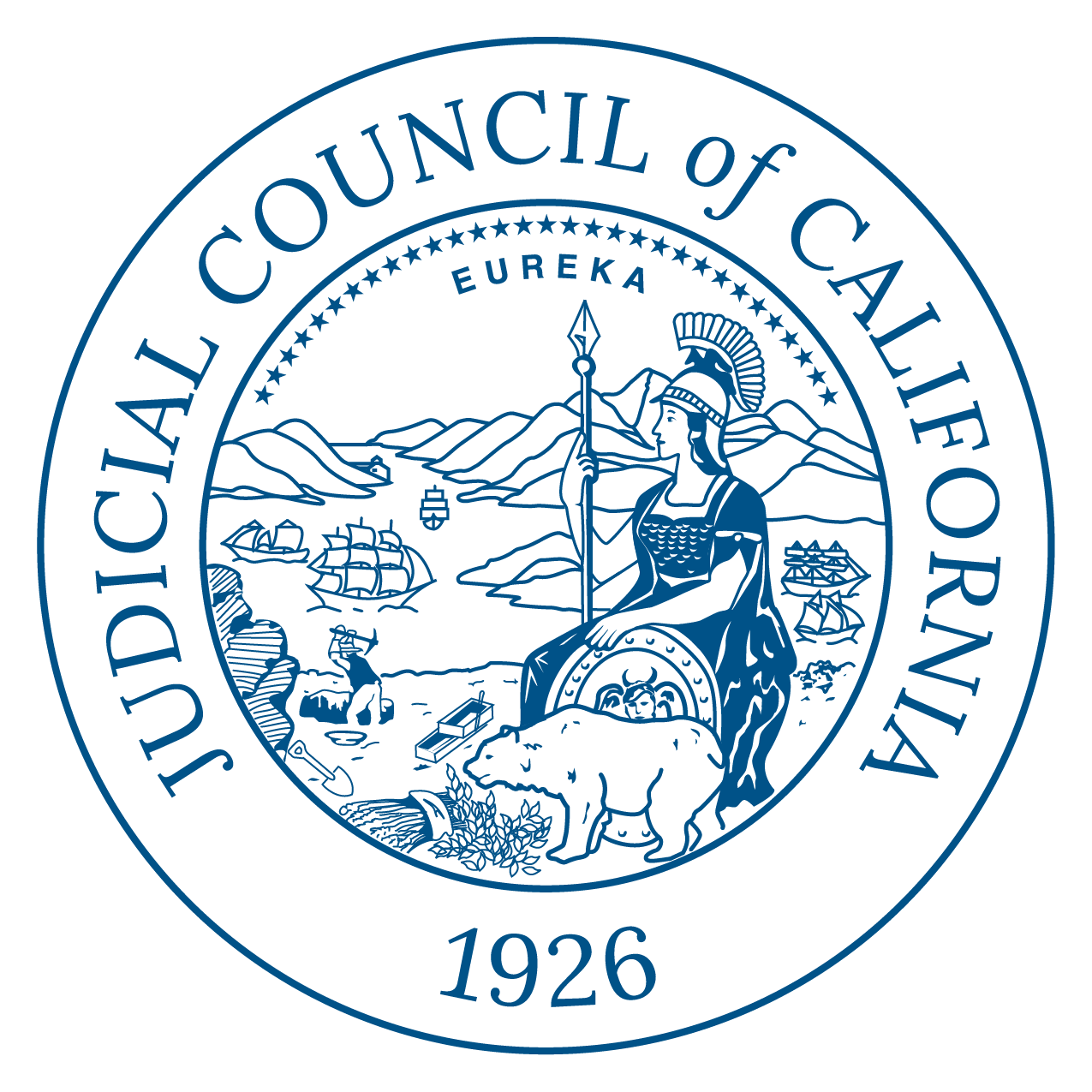Judicial Council to Take Action on $97 Million Required Cut to Trial Courts
SAN FRANCISCO—The Judicial Council at its July 12 meeting will vote on implementing a $97 million reduction to local trial court funding, as required by the fiscal year 2024-25 state Budget Act.
“We understand that our state is facing difficult fiscal times and we remain committed to doing our part to help address the statewide budget deficit,” said Chief Justice Patricia Guerrero. But she also has expressed concern the cuts “will have real impacts on operations, services, and access for everyone seeking to resolve disputes or assert their legal rights in our courts.”
Despite the reductions caused by the state’s multiyear deficit, the budget includes funding for priorities set by Chief Justice Patricia Guerrero and the Judicial Council to maintain critical programs and services provided by the branch, such as:
- Backfill funding to address declining fines, fees, and penalty revenues that support trial court operations across all 58 counties
- Resources for the growing number of self-represented litigants
- Courthouse construction and facility operations and maintenance
The budget also includes funding for pretrial programs, court-appointed dependency counsel, court interpreters, and continuing implementation of the CARE Act.
Increasing Numbers of Court Interpreters
The council will receive an update on a pilot program to increase the number of court employee interpreters by reimbursing aspiring candidates for their training costs and up to three examination fees.
At its previous meeting in May, the council allocated $6.8 million provided in the fiscal year 2023-24 state budget for the five-year pilot program. Twenty superior courts have signed up to participate.
As part of the pilot program:
- Participating courts will hire successful candidates after they pass all required exams
- Candidates must agree up front to work for court for at least three years
- Courts can accept up to 10 candidates per court, per year
August 1 is the deadline for aspiring interpreters to apply.
Other Items on Council Meeting Agenda:
Five-Year Plan for Courthouse Construction Projects: The council will consider an update to the Judicial Branch Five-Year Infrastructure Plan, which outlines funding needs for new courthouse construction, renovations, and additions to existing facilities. The council will also consider eight budget change proposals, which is how the branch requests funding for phases of trial court construction projects in the first year of the five-year plan.
Funding for Court Appointed Special Advocate (CASA) Program: The council will consider allocations to fund 45 CASA programs, serving 52 counties and approximately 10,600 children statewide. Judicial officers appoint trained CASA volunteers that advocate for children in juvenile court. CASA volunteers spend time with the child, monitor their needs, and provide child-focused recommendations to the court based on the best interests of the child.
Funding for Child Support Commissioner and Family Law Facilitator Program: The council will consider how to allocate the annual funding provided for the AB 1058 Child Support Commissioner and Family Law Facilitator program. Each superior court must have a child support commissioner, a judicial officer that specializes in hearing child support cases. Each court must also have a family law facilitator, a lawyer that can help litigants navigate the child support system by providing educational materials, assisting with forms, and making referrals to other resources.
Budget Change Proposals: The council will consider submitting eight budget change proposals to the Department of Finance for consideration in the fiscal year 2025-26 budget. Attempting to balance investment in core programs and services against the state’s budget deficit, these proposals include additional funding for court security, courthouse construction and maintenance, and court-appointed counsel programs for the Supreme Court and the Courts of Appeal.
The complete council meeting agenda and council reports are posted to the California Courts Meeting Information Center. A link to a live webcast of the meeting will be on the California Courts website on the day of the meeting.


